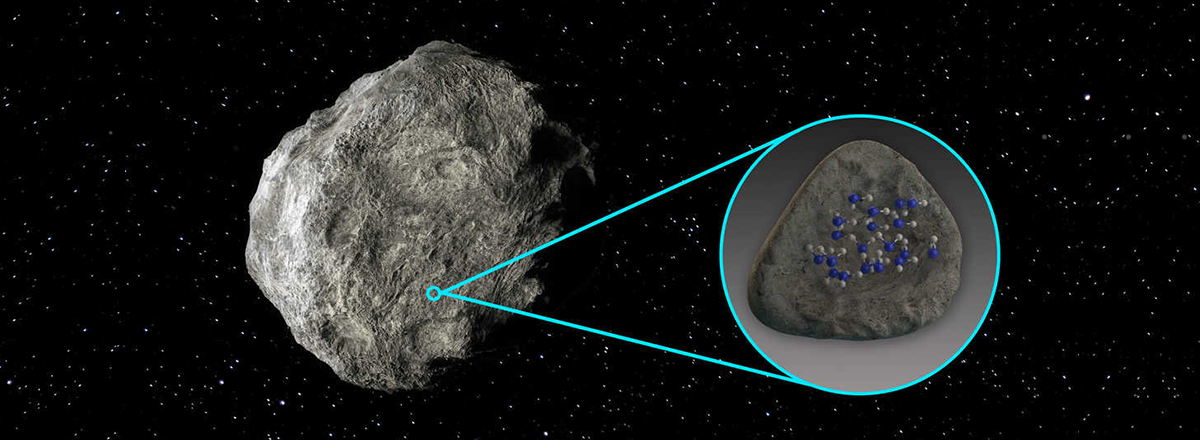Astronomers Discover Water Molecules on the Surface of Asteroids for the First Time
Using data from NASA's Stratospheric Observatory for Infrared Astronomy, researchers have identified molecular water on two silicate-rich asteroids, Iris and Massalia, shedding new light on the distribution of water in our solar system.

Astronomers have detected water molecules on the surface of asteroids for the first time. Using data from NASA's Stratospheric Observatory for Infrared Astronomy (SOFIA), researchers have identified molecular water on two silicate-rich asteroids, Iris and Massalia, shedding new light on the distribution of water in our solar system.
The findings, published in The Planetary Science Journal, mark a significant step forward in understanding the origins of water on Earth and its prevalence throughout the cosmos. This discovery challenges previous assumptions about the composition of asteroids and their potential role in delivering water to our planet.
The SOFIA observatory, a joint project of NASA and the German Aerospace Center, let scientists analyze the composition of four asteroids in unprecedented detail.
Lead author of the study, Dr. Anicia Arredondo, emphasized the implications of this discovery: "Asteroids are leftovers from the planetary formation process, so their compositions vary depending on where they formed in the solar nebula. Of particular interest is the distribution of water on asteroids, because that can shed light on how water was delivered to Earth."
Moreover, the detection of water on these asteroids suggests that some silicate-rich asteroids may retain water over extended periods, challenging previous assumptions about their dry nature. This raises intriguing questions about the origins of water in the inner solar system and its potential role in the development of life on Earth.
The significance of this discovery extends beyond our solar system. Understanding the distribution of water in space is essential for identifying potential habitats for extraterrestrial life. By studying asteroids and other celestial bodies, astronomers can piece together the puzzle of water's cosmic journey and its role in shaping the universe.

